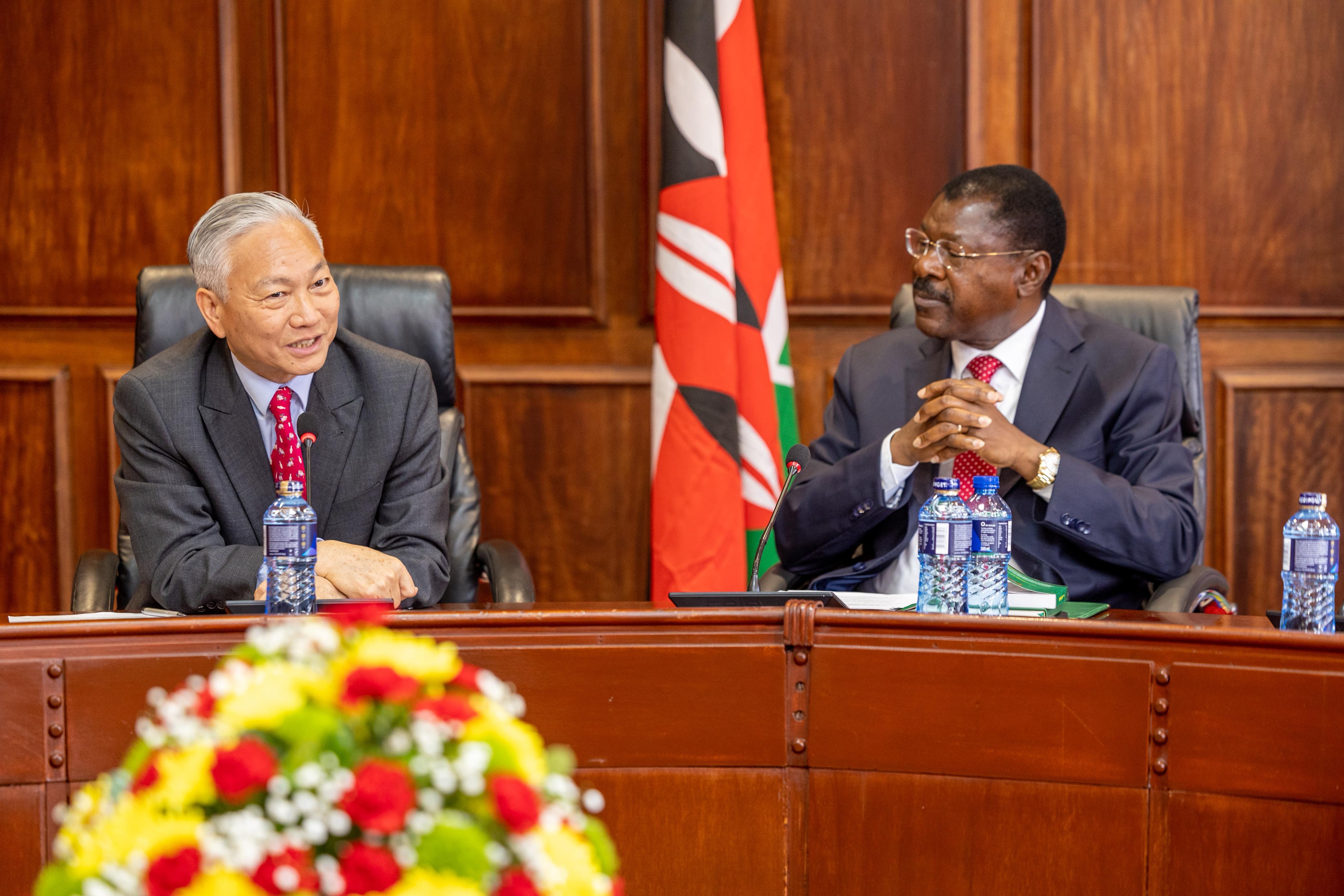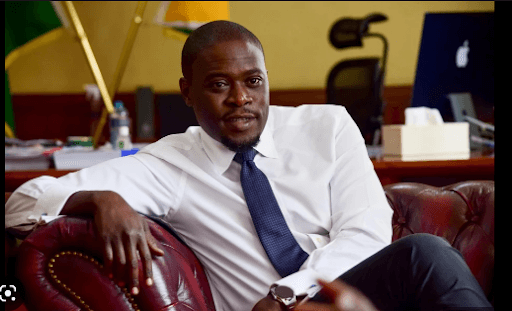
National Assembly Speaker Moses Wetang’ula has urged the World Bank to provide both technical and financial support to the Office of the Auditor General (OAG) to enhance its capacity to audit public institutions more effectively.
Wetang’ula noted that limited funding and staffing continue to constrain the OAG’s operations, often leading the office to rely on external auditors to fulfil its constitutional mandate.
“The Auditor-General has highlighted that her office sometimes needs to hire external auditors to assist in auditing public institutions to meet its obligations,” Wetang’ula said.
He made the remarks during a meeting with a joint delegation from the World Bank and the International Monetary Fund (IMF) at Parliament Buildings, where he emphasised the OAG’s role in promoting accountability, transparency, and prudent management of public finances.
Strengthening the OAG’s institutional capacity, Wetang’ula said, would reinforce Parliament’s oversight mandate. He noted that audit reports from the office form the foundation of parliamentary oversight work, making it crucial to equip the institution with the necessary resources to ensure proper use of public funds.
The Speaker also recommended that similar support be extended to other key governance institutions, including the Office of the Attorney-General, the Judiciary, the Ethics and Anti-Corruption Commission (EACC), and the Office of the Director of Public Prosecutions (ODPP), to bolster efforts against corruption.
Wetang’ula reiterated Parliament’s commitment to enacting legislation aimed at expediting corruption and economic crime cases, observing that delays in court processes have slowed anti-graft efforts.
“Parliament remains committed to passing laws that will facilitate the speedy resolution of corruption-related cases. Prolonged litigation can undermine accountability,” he said.
Addressing the World Bank delegation, he added, “You can count on the National Assembly for any engagement you require for your programmes. The House will actively support initiatives that promote accountability and good governance.”
He also commended the World Bank and IMF for their ongoing partnership with Kenya in supporting economic growth, institutional reforms, and governance.
The World Bank delegation was led by Qimiao Fan, the Group’s Division Director, and included members of the Parliamentary Network on the World Bank and IMF Caucus, chaired by Wajir East MP Mohamed Daud.
Fan acknowledged Parliament’s oversight role and encouraged it to continue ensuring that public resources and donor-funded projects are used efficiently.
“We encourage Parliament to strengthen its oversight to guarantee that resources are used transparently and effectively,” said Fan.
He also highlighted rising youth unemployment as a key development challenge in Kenya, noting that World Bank support programmes are tailored to address this issue.
“The number of young people entering the job market each year is increasing,” he said. “We are supporting government initiatives that create employment opportunities for young Kenyans.”
Fan further disclosed that development partners, including the World Bank, have allocated Sh57 billion to county government projects, with Sh51 billion coming directly from the World Bank to promote inclusive growth and economic empowerment at the local level.













